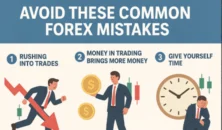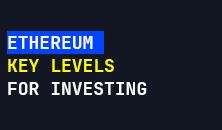You might think websites like WikiFX or other platforms that rank Forex brokers by scores are reliable for confirming a broker’s credibility. However, this is a mistake. In the end, I’ll share secure methods for verifying a broker.
In my 10 years of experience in financial markets, I’ve seen Forex brokers constantly seek ways to appear trustworthy to their clients. Some individuals take advantage of this. The concept is simple: I create a website with heavy advertising and tell people I’m the authority for verifying brokers.
Additionally, I endorse a few well-known brokers to build trust. But for every new or lesser-known broker, I charge at least $16,000 annually for approval. For higher ratings, I charge an extra $4,000.
This isn’t a conspiracy theory. It’s the real story behind WikiFX. Over the years, I’ve seen dozens of brokers spend thousands on WikiFX and advertising, only to later carry out scams. These websites only act by removing the broker from their approved list—after the fraud has happened.
The truth is, if a Forex broker isn’t regulated by the authorities in your country, there’s no way to fully verify them.
Be cautious of brokers with offshore licenses. The registration location doesn’t matter much. Scammers often register these licenses in many places with fancy names to appear trustworthy.
The Reliable Way to Identify a Trustworthy Forex Broker
If you don’t have access to brokers with onshore licenses, follow these important guidelines to ensure trustworthiness:
- Duration of Operation: Scam brokers usually aim to make quick profits and disappear. But if a broker has been around for a long time and manages large amounts of traders’ funds, you can trust them more.
- Company Backing: Know exactly who backs the company and who the founders are. If they have assets worth only $1 million, they could go bankrupt after $1 million in losses. They may not handle the costs of new traders. A company without transparency cannot be trusted.
- Leverage: Brokers offering leverage over 100 and holding offshore licenses often place 90% of their traders in the “B-book.” This increases the risk of bankruptcy. It’s safer to find brokers with realistic leverage.
- Bonuses and Competitions: Brokers that use bonuses and competitions to attract traders can be risky. The real danger is when these offers push you to trade more or deposit more money.
In summary, following these guidelines can greatly reduce the risk of signing up with a scam broker.
Related Topics : Gambling is similar to Trading, Not the other way Around!







